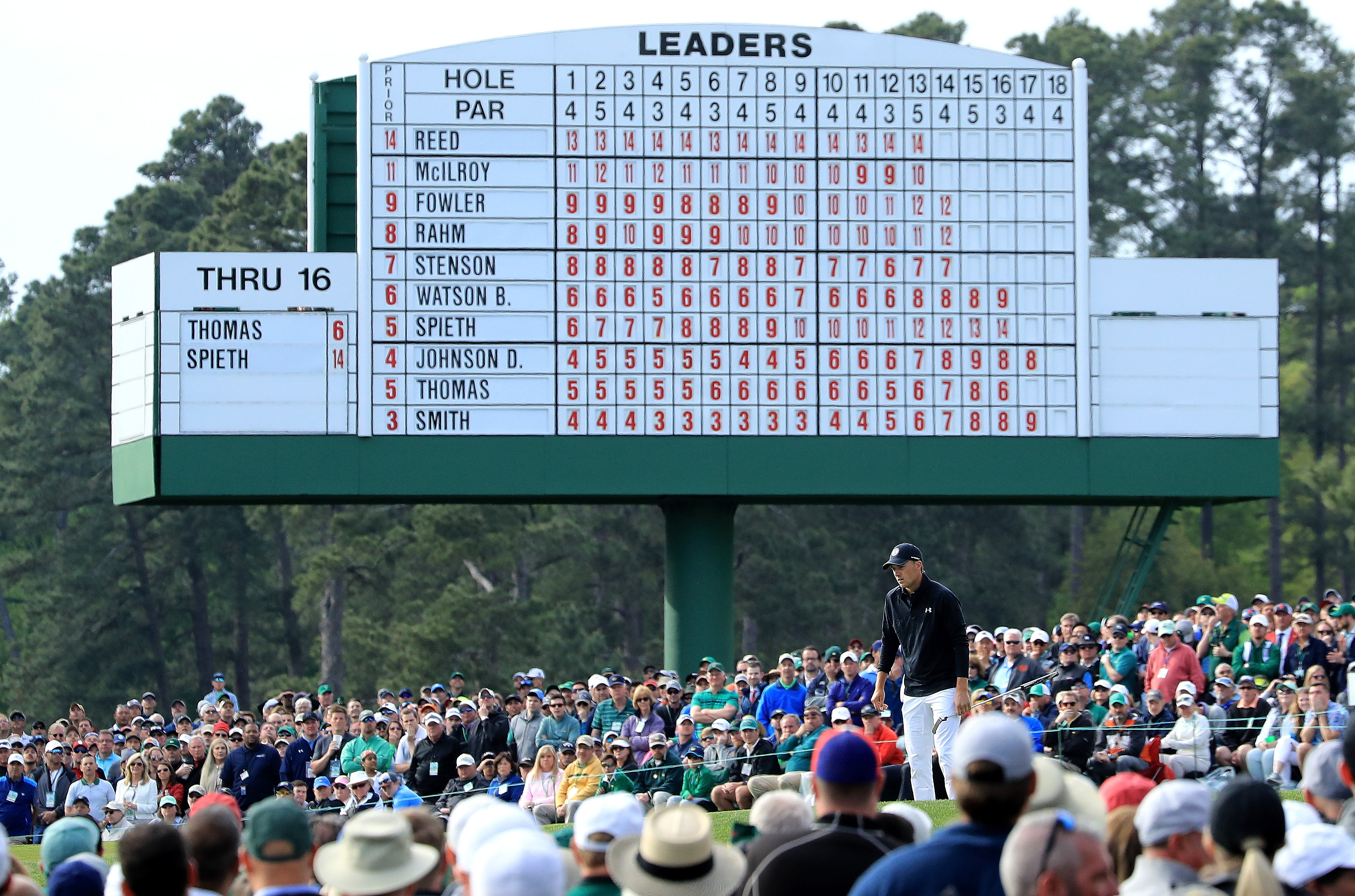

On the abolition of the latter office in 1832 a Secretary of Lunatics was appointed. Lunacy, law, and conscience, 1744-1845: the social history of the care of the insane, Routledge.Apart from the period in which the Court of Wards was responsible for the custody of the persons and estates of those considered to be of unsound mind, the crown's jurisdiction in lunacy was committed to the Lord Chancellor, assisted by Chancery masters, to whom commissions de lunatico inquirendo were addressed, and the Clerk of the Custodies of Lunatics and Idiots, who was responsible for making out and enrolling grants of custody. Bright stars: John Keats, Barry Cornwall and Romantic literary culture, Liverpool University Press. Treatment without consent: law, psychiatry and the treatment of mentally disordered people since 1845, Routledge. Bureaucracy and Mental Illness: The Commissioners in Lunacy 1845-90.
He had previously been one of the Metropolitan Commissioners, and later become an Inspector of the Commission. The first Secretary to the Commissioners was Robert Wilfred Skeffington Lutwidge, a barrister and uncle of Lewis Carroll. The duty of the Commission was to establish and carry out the provisions of the Act, reporting to the Poor Law Commissioners (in the case of workhouses) and to the Lord Chancellor. The other five lay members of the commission were all honorary members that simply had to attend board meetings. The six members of the commission that were full-time and salaried were made of up three members of the legal system and three members of the medical community. The Commission was monumental as it was not only a full-time commission, but it was also salaried for six of its members.

The Lunacy Commission was made up of eleven Metropolitan Commissioners: three medical, three legal and five laymen. EstablishmentĪnthony Ashley-Cooper, Seventh Earl of Shaftesbury was the head of the Commission from its founding in 1845 until his death in 1885. c.64), these were established as the Commissioners in Lunacy and after 1845 they were retitled Masters in Lunacy. The Lord Chancellor's jurisdiction over lunatics so found by writ of De Lunatico Inquirendo had been delegated to two Masters in Chancery. By 1842 their remit had been extended from London to cover the whole country. The predecessors of the Commissioners in Lunacy were the Metropolitan Commissioners in Lunacy, dating back to the Madhouses Act 1774, and established as such by the Madhouses Act 1828.


 0 kommentar(er)
0 kommentar(er)
